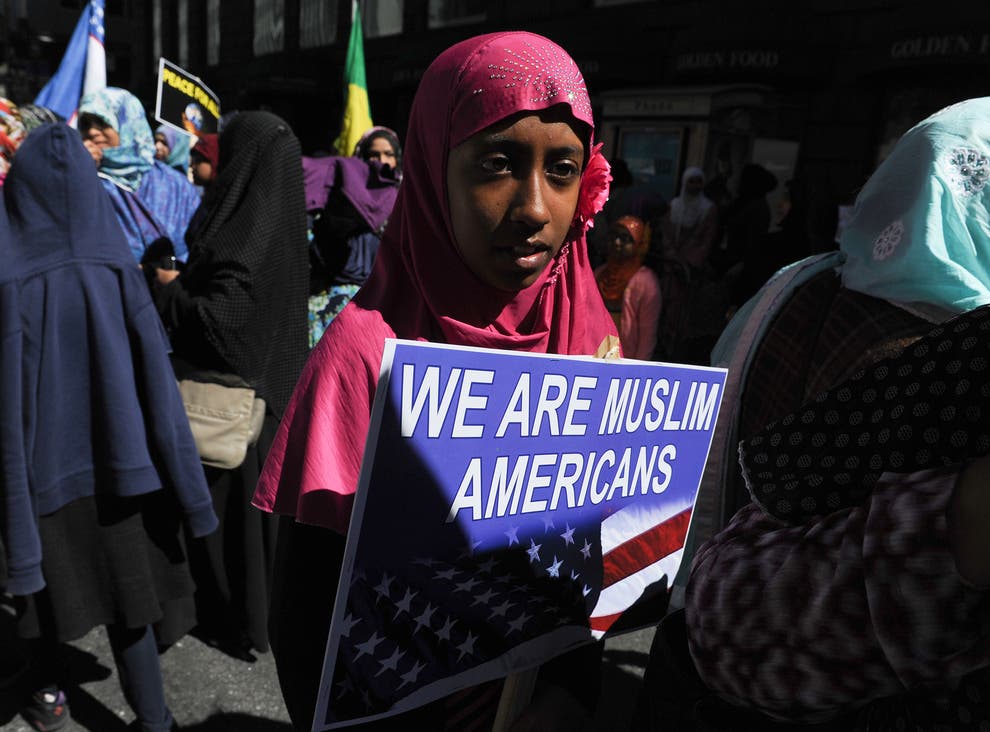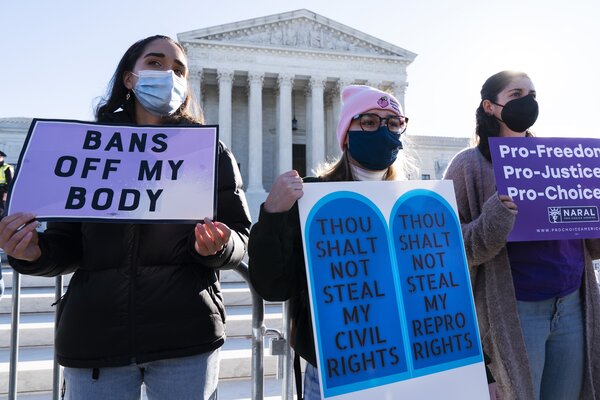A lawsuit filed last week claims that thousands of Muslim Americans, among them a 4-year old, have been unfairly put on a federal watch list designed to screen potential terrorists.
The class-action complaint criticizes the Terrorist Screening Database, a list of about 1.5 million people overseen by the FBI’s Terrorist Screening Center. It’s one of several lawsuits that have been filed in recent years challenging the list, saying that it’s unconstitutional in how it’s compiled and used.
The lawsuit was filed by the Michigan chapter of the Council on American-Islamic two Michigan lawyers and an attorney in Washington against the FBI center and other federal agencies. More than half the 18 plaintiffs listed in the complaint live in southeastern Michigan.
“Our federal government is imposing an injustice of historic proportions upon … thousands,” says the lawsuit filed Tuesday in U.S. District Court in the Eastern District of Virginia, which is where the list is compiled. “Through extra-judicial and secret means, the federal government is ensnaring individuals. … The secret federal watch list is the product of bigotry and misguided, counterproductive zeal.”
In addition to being unable to fly in some cases, Muslims are being jailed, interrogated and threatened by federal agents, the lawsuit alleges. In other cases, FBI agents pressure people on the list to become informants if they want to get off the list, the complaint says. Another problem is the lack of redress, with many Muslims unable to get off the list and unsure how they got on it, plaintiffs said.
The Terrorist Screening Center was established in 2003 by Attorney General John Ashcroft. Since then, the “watch list has swelled,” with more than 1.5 million nominations to the watch list submitted by federal agencies since 2009, 99 percent of which have been approved, said the lawsuit.
The lawsuit said such a list is too broad, targeting Muslims because of their faith, and ends up being ineffective in protecting the U.S.
“The federal watch list diminishes, rather than enhances, our national security because the number of innocent Americans on the list is becoming so voluminous that the purpose of having a list is significantly undermined as all are being treated as the same,” says the complaint.
A spokesman for the FBI’s Terrorist Screening Center, Dave Joly, said it couldn’t comment on pending litigation, and can’t comment on who’s on the list. On its website, the FBI defended the list, saying it doesn’t target people solely because of their religion or ethnicity.
“Generally, individuals are included in the Terrorist Screening Database when there is reasonable suspicion to believe that a person is a known or suspected terrorist,” says the Terrorist Screening Center. “Individuals must not be watch-listed based solely on race, ethnicity, national origin, religious affiliation, or First Amendment-protected activities such as free speech, the exercise or religion, freedom of the press, freedom of peaceful assembly, and petitioning the government for redress of grievances.”
Plaintiffs said they often see a “SSSS” designation on their boarding passes, which signifies to the airlines and federal officials they are suspected terrorists. The designation is shared with state and local agencies, making it difficult for the plaintiffs in other areas of life, such as interactions with local police, said the lawsuit.
The lawsuit says many are either placed on what’s called a Selectee List, which subjects them to extra scrutiny, or the more stringent No-Fly List, which prevents the traveler from flying.
One of the plaintiffs is a 4-year-old boy from California, listed in the lawsuit as “Baby Doe.”
“He was 7 months old when his boarding pass was first stamped with the ‘SSSS’ designation, indicating that he had been designated as a ‘known or suspected terrorist,'” said the lawsuit. “While passing through airport security, he was subjected to extensive searches, pat-downs and chemical testing.”
“Every item in his mother’s baby bag was searched, including every one of his diapers.”
Another plaintiff, Anas Elhady, 22, of Dearborn, Mich., said he “is routinely referred to secondary inspection, handcuffed and detained by CBP (Customs and Border Protection) at land border crossings when he attempts to re-enter the United States from Canada.”
“CBP officers routinely subject him to a prolonged detention and questioning for approximately four to twelve hours each time. Moreover, he is routinely asked questions about his religious beliefs and practices, what sect of Islam he belongs to, what mosque he prays in, among other things.”
Elhady said he filed a request with the agency to get off the list, but the problems persisted.
In 2015, as he was trying to cross back into Detroit over the Ambassador Bridge after a vacation in Canada, he was thrown into a “small, freezing cold holding cell with bright lights” without his jacket and shoes, said the lawsuit.
“After several hours, Mr. Elhady knocked on the door repeatedly and begged for someone to help him. His pleas for help were ignored. Afterward, his body began shaking uncontrollably and he fell unconscious.”
Elhady said he was then taken to a hospital. Later, on Dec. 2, an FBI agent contacted “Elhady and informed him that his phone was being tapped and that all his calls were being listened to by the FBI,” reads the complaint.
“Elhady’s boarding pass continues to be stamped with the ‘SSSS’ designation when (he) travels by air, indicating that he has been designated as a ‘known or suspected terrorist.'”
Akeel, the Troy attorney helped file the lawsuit, said: “Americans young and old are being placed on the list without proper accountability. There is a swelling group of second-class American citizens being formed here at an alarming rate.”






